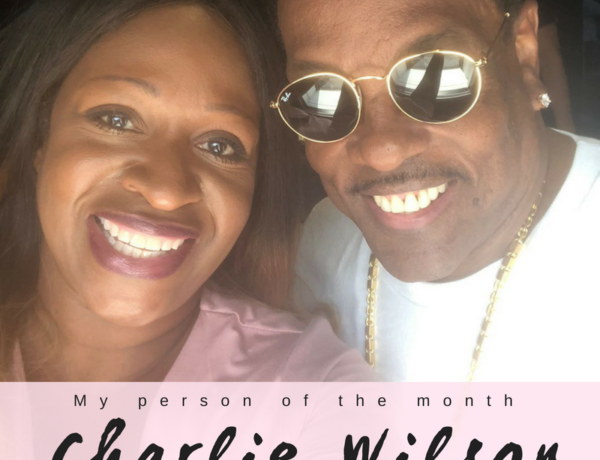Menopause. More than just the cessation of your monthly, it’s a whole new world of hot flashes and sleepless nights, mood swings and mania, dry skin, weight gain, vaginal dryness, low sex drive (I’m going to stop listing symptoms now). Yes, it is a time of major transition which has an impact on our emotional health. BUT… it doesn’t have to rule our lives.
The truth is that even on our way to menopause, women are on a hormonal party cruise. More often than not we can blame our mood swings on what’s going on in our bodies rather than what’s going on in our lives.
There are receptors for estrogen all throughout our bodies, including our brain. One of the roles of estrogen in the brain is to block the breakdown of serotonin, the “feel good” chemical. So when estrogen levels drop during perimenopause, so do serotonin levels, which impact our emotions in a not so nice way.
Changes in the adrenal glands mean we can become more sensitive to stress hormones, which makes us more likely to suffer from anxiety and panic attacks. Low levels of serotonin are thought to be why so many women experience increased levels of rage, anger and irritation during menopause.
It all sounds pretty hopeless doesn’t it? At a time where we need to be at our very best – perhaps taking care of teenagers AND our aging parents – this happens?
Fear not. There ARE ways to manage menopause and to be honest not having to buy monthly pads is a bonus in and of itself!
Moody Much? One of the very best things you can do for mood swings is exercise! Get outside and take a brisk 20-minute walk, or practice yoga daily. Eating lots of leafy green vegetables is a MUST – chlorophyll is a natural mood stabilizer. Don’t smoke (duh) cut down on the caffeine and eat well. ALL things you’ve been told to do since the beginning of time.
Losing Your Libido? It happens to the best of us at any time. But during menopause hormonal fluctuations, lack of sleep, stress, and even concern about aging can lead to changes in libido. Worrying about it makes it worse so focus on building your relationship with your partner and remember why you fell in love in the first place. Intimacy will return. Promise.
Hot Stuff! While many women think hot flashes are just part of the menopausal package, there are things you can do to control them and decrease their intensity. A number of things can trigger this excessive sweating under the collar: stress, alcohol, spicy foods, caffeine, medication, hot showers, and smoking, among others. Write down your triggers, and then seek to avoid them. Invest in a fan. Not kidding.
Sleepless Beauty. Since insomnia is many times caused by hot flashes or night sweats during menopause, your room environment is important. Keep your room cool, stimulation low (No T.V. people and put those phones DOWN!!!)
You could go down the road of Hormone Replacement Therapy but be warned! There are serious health risks associated.
Supplemental estrogen and progestin can help replace some of the reproductive hormones your body can no longer make on its own. They’re often taken until the average age of menopause (about 50) to help prevent bone loss.
This treatment is not recommended for all women because it increases the risk of:
- heart problems
- stroke
- blood clots
- breast cancer
Don’t be SILENT!
Having people to talk to – a friend, family member or your doctor – can make all the difference during menopause. You may find it helpful to talk to other women who are going through or have gone though the changes you’re going through. Perhaps join a support group for menopause at a local hospital, community college or professional group. Talking and sharing with others can go a long way in dealing with menopause. You could even form your own support group with friends.
Your time to SHINE!
It doesn’t have to be the worst time EVER. Your attitude makes all the difference! Studies show: negative beliefs held prior to menopause can be predictive of a more difficult time. For instance, the more catastrophic your thoughts about hot flashes, the more intense they will be.
Try to be aware and present during each and every moment of your life. Practicing mindfulness prevents you from worrying about the future (often anxiety filled) or dwelling on the past and regret.
By combining positive thoughts, a healthy lifestyle, and relaxation techniques, many women are changing the menopause experience. The years after menopause can be the most fulfilling of your life, as long as you continue to view yourself as a strong, vital person. You spent many years of your life focusing on your children, partner, or career. During menopause, you have plenty of time to think about yourself, and re-discover the new you, and instead of viewing it as a negative time why not view it as adult puberty only in reverse! The next stage of life which can be quite freeing – think about it!




























